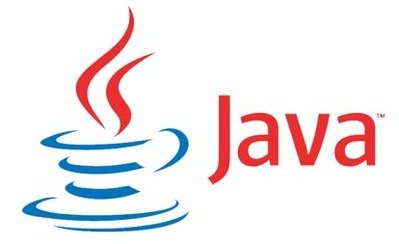Java has 8 primitive data types; char, boolean, byte, short, int, long, float, and double. For this exercise, we’ll work with the primitives used to hold integer values (byte, short, int, and long):
A byte is an 8-bit signed integer.
A short is a 16-bit signed integer.
An int is a 32-bit signed integer.
A long is a 64-bit signed integer.
Given an input integer, you must determine which primitive data types are capable of properly storing that input.
Sample Input
5
-150
150000
1500000000
213333333333333333333333333333333333
-100000000000000Sample Output
-150 can be fitted in:
* short
* int
* long
150000 can be fitted in:
* int
* long
1500000000 can be fitted in:
* int
* long
213333333333333333333333333333333333 can't be fitted anywhere.
-100000000000000 can be fitted in:
* longSOLUTION:
import java.util.*;
import java.io.*;
class Solution{ public static void main(String []argh) {
Scanner sc = new Scanner(System.in);
int t=sc.nextInt();
for(int i=0;i<t;i++)
{
try
{
long x=sc.nextLong();
System.out.println(x+" can be fitted in:");
if (x >= Byte.MIN_VALUE && x <= Byte.MAX_VALUE) {
System.out.println("* byte");
}
if (x >= Short.MIN_VALUE && x <= Short.MAX_VALUE) {
System.out.println("* short");
}
if (x >= Integer.MIN_VALUE && x<= Integer.MAX_VALUE) {
System.out.println("* int");
}
if (x >= Long.MIN_VALUE && x <= Long.MAX_VALUE) {
System.out.println("* long");
}
}
catch(Exception e)
{
System.out.println(sc.next()+" can't be fitted anywhere.");
}
}
}
}
FOLLOW FOR MORE QUESTIONS AND SOLUTIONS | DIGIT WOOD



Leave a Reply